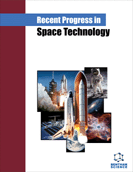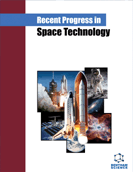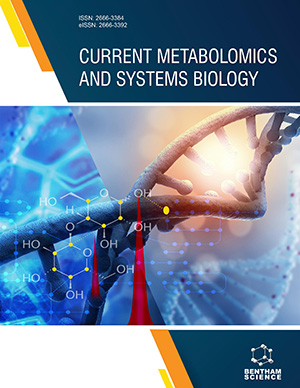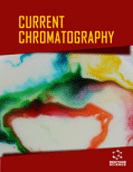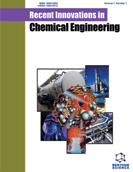Abstract
With the growing population, resource production and utilization, including
citrus fruit consumption, have amplified tremendously. Citrus foods include sweet
orange, sweet blood orange, tangerine, grapefruit, lemon, lime, and Seville orange.
Industrial processing of citrus fruits is done to produce various end products like juice
concentrates, jams, jellies, sweets, candies, marmalades, and ice creams, which
simultaneously produce tons of peels and waste as well. Like all industrial waste
dumping, the negligent discard of citrus waste has legal repercussions. Therefore, the
global treatment seems to be a virtuous option, which results in improved earnings,
thereby ultimately reducing the reprocessing expenditure.
Conversely, despite the low cost, citrus waste management and valorization still have
not reached a virtue that makes it an ideal candidate. Valorization technically refers to
the process of industrial recycling or waste composting into commercially valuable
products. To fix the citrus wast essential to understand the various ways to recycle and
manage the left-over better. This requires research and knowledge of different
techniques involved in the commercial utilization of citrus waste for the production of
various components, counting-essential oils, flavonoids, pectin, enzymes, ethanol and
methane etc., along with the applications of these bioactive components in various
ventures. This study summarizes the bioactive components obtained from citrus foods
and their possible industrial utilization.



